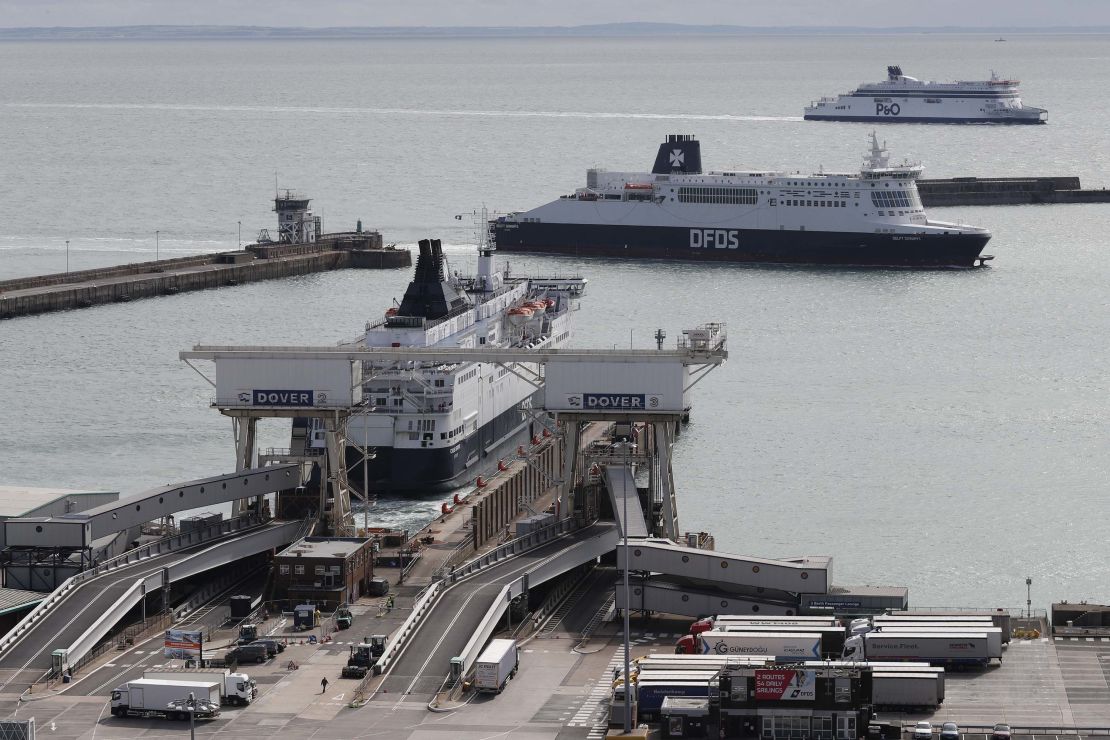Britain’s Brexit Secretary, Dominic Raab, has been ridiculed for admitting that he did not previously realize how important a major trade route is to the UK economy.
Speaking at a technology industry event in central London on Wednesday night, Raab denied that failing to reach a deal with the European Union would lead to major shortages of food and medicine due to disruption between the English port of Dover and Calais in France.
However, he admitted the choice of products in shops could be restricted if frictionless trade between the two cities is not maintained.

The southern English town of Dover acts as a gateway to Europe and is linked to Calais by a ferry crossing, as well as by the Channel Tunnel rail link under the English Channel.
“I think probably the average consumer might not be aware of the full extent to which the choice of goods that we have in stores aredependent on one or two very specific trade routes,” Raab said.
“I hadn’t quite understood the full extent of this but if you look at the UK and look at how we trade in goods, we are particularly reliant on the Dover-Calais crossing,” he said.
As the UK’s chief negotiator for Brexit, Raab’s comments caused some surprise and criticism on social media.
“How could it possibly come as a surprise to Dominic Raab that our most important trade gateway is that which is closest geographically to our most important market?” wrote physicist and broadcaster Professor Brian Cox in a tweet.
During his speech, Raab claimed that Britain is a “peculiar geographic economic entity” as a result of its position close to the coast of the European continent.
“And that is one of the reasons why we have wanted to make sure we have a specific and very proximate relationship with the EU, to ensure frictionless trade at the border,” he said.
Twitter user David Vella posted a video of Raab making his speech, while Alastair Campbell, a former adviser to ex-Prime Minister Tony Blair, said the situation was a “s***show” in another tweet.
Business figures have previously claimed that Britain could face shortages if a future Brexit deal does not ensure frictionless trade.





















